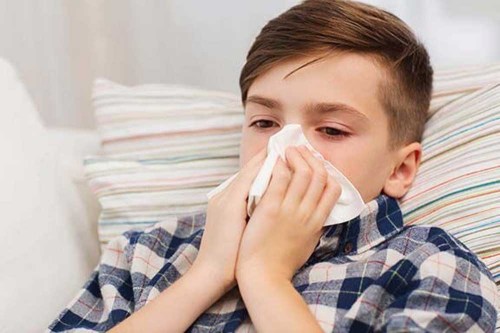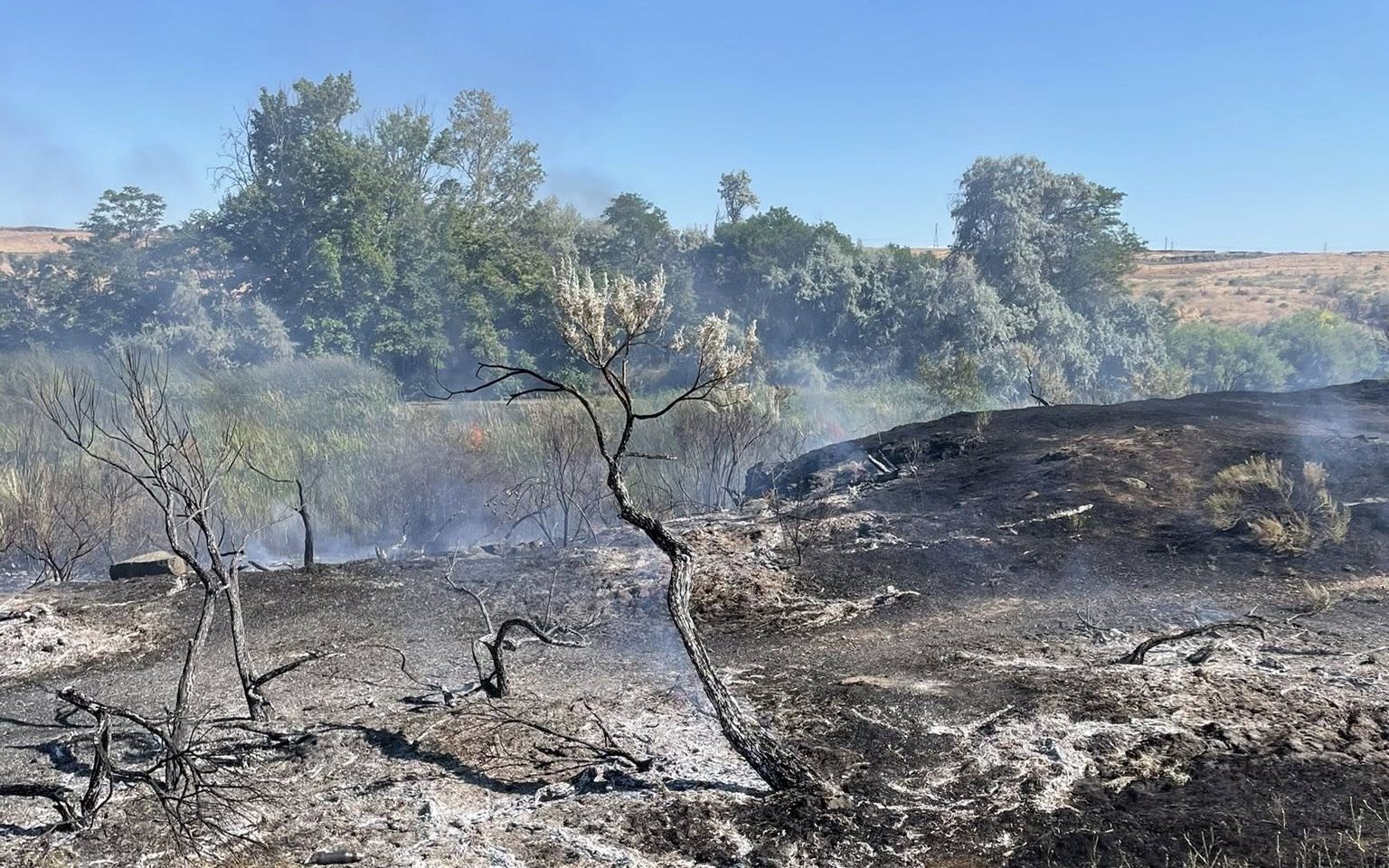How to get ready for respiratory illness season
Published 5:00 pm Saturday, November 30, 2024

- 501202380
The arrival of fall in Oregon brings falling leaves and cool mornings and also the start of respiratory illness season for kids. With so many viruses floating around, it’s important for parents to be informed and prepared. Here are some key tips and information to help protect your little ones during this time of year.
What is the flu and why is it a problem?
Influenza, commonly known as the flu, is a contagious respiratory illness that can seriously affect children and adults. Each year it causes tens of thousands of deaths in the U.S. and children under five are especially vulnerable. While many kids can recover at home, some may need hospitalization. In addition to the flu, other viruses like parainfluenza, respiratory syncytial virus (RSV), adenoviruses, and coronaviruses, such as COVID-19, are also circulating, increasing the risk of infections. These viruses can cause everything from common colds to more severe infections like bronchiolitis and pneumonia. It’s essential to stay alert and teach kids about the importance of hygiene and prevention.
The importance of vaccination
One of the best ways to protect your children is to make sure they are up to date on their vaccinations, especially the flu shot. This vaccine not only protects your child but also helps slow the spread of the virus to others they come in contact with. Keep in mind that the vaccine takes about two weeks to become effective, so it’s best to get vaccinated as soon as possible. You can find the flu shot in many places: doctor’s offices, pharmacies, and local health departments. Ask your pediatrician about available options.
How to protect your child
To keep your family safe, there are several strategies you can follow:
• Practice good hygiene: Teach your kids to cover their mouth and nose with a tissue or their elbow when they cough or sneeze. Used tissues should go in the trash and hands should be washed frequently. If soap and water aren’t available, alcohol-based hand sanitizer works, too.
• Avoid close contact with sick people: Keep your kids away from anyone showing symptoms of illness. If your child is sick, it’s best for them to stay home and rest.
• Regular cleaning: Disinfect frequently touched surfaces, like doorknobs, light switches and toys. This helps reduce the spread of germs.
• Ventilation in closed spaces: During winter, try to keep the air fresh indoors. Open windows for short periods to allow air to circulate. Consider using air purifiers with HEPA filters, which can help remove viruses and allergens from the air. If you’re in a crowded indoor space, try to have smaller gatherings to reduce exposure.
• Use masks: Think about having kids wear masks in larger gatherings, especially indoors, to help cut down on the spread of viruses.
• Avoid sharing utensils: Encourage the use of individual plates and utensils instead of sharing. This helps prevent germ transmission.
• Watch for symptoms: Keep an eye out for any signs of illness. Flu symptoms can include fever, cough, nasal congestion, and sore throat. If you notice your child having trouble breathing or their skin turning blue, it’s important to seek medical attention right away.
Red flags to watch for
Sometimes, symptoms can worsen. Be especially concerned if your child is experiencing any of the following:
• Difficulty breathing or fast breathing
• Persistent high fever
• Vomiting
• Trouble eating or drinking
If you notice any of these signs, don’t hesitate to take them to their pediatrician, urgent care, or the emergency room, depending on availability.
Encouraging a healthy lifestyle
In addition to the precautions mentioned, it’s vital to maintain a healthy lifestyle at home. Good nutrition and physical activity help strengthen the immune system. Make sure your kids eat well, drink enough water, and stay active. If your baby is breastfeeding, this can also provide extra protection against infections, thanks to the antibodies in breast milk.
The respiratory illness season can be concerning, but with some simple steps you can protect your children and family. Stay informed, follow these recommendations, and don’t hesitate to seek medical care if needed. Stay safe and take care.






